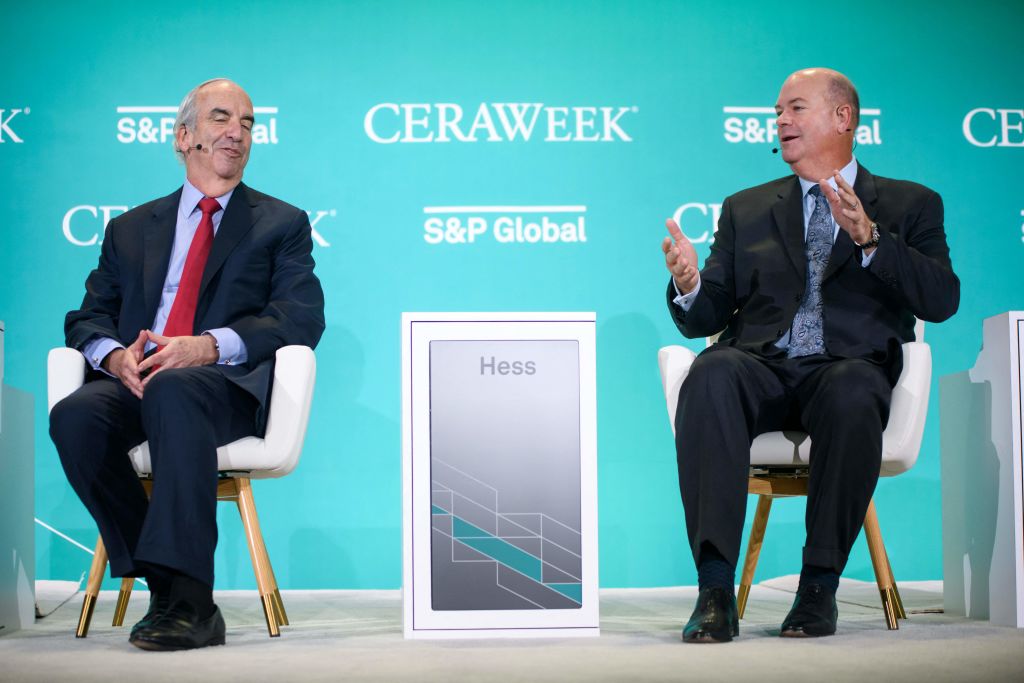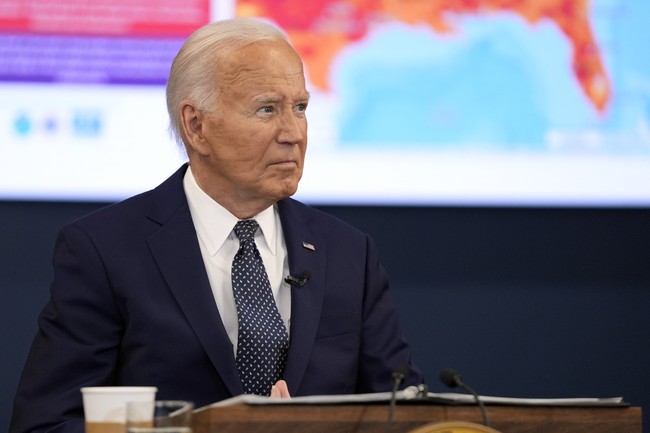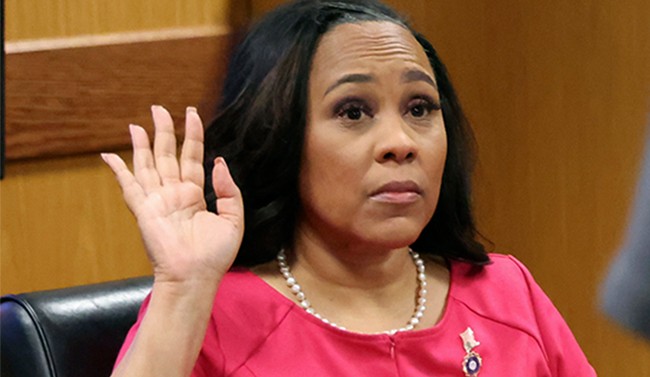FTC Blocks Hess CEO from Chevron Board Amid OPEC Allegations
Recent actions by the FTC have resulted in the banning of John Hess from Chevron's Board, citing his controversial communications with OPEC representatives.
Published October 01, 2024 - 00:10am

Image recovered from ibtimes.com
The Federal Trade Commission (FTC) has made a significant move to prohibit John Hess, CEO of Hess Corporation, from joining the board of Chevron Corporation. This action comes as a part of the regulatory approval process for Chevron's $53 billion acquisition of Hess Corp.
The FTC's central claim revolves around Hess's private and public communications with key representatives of the Organization of the Petroleum Exporting Countries (OPEC). These interactions, which allegedly included OPEC's current and former secretaries-general and an official from Saudi Arabia, have been called into question under antitrust concerns. During these exchanges, Hess purportedly encouraged OPEC to stabilize oil market prices through production management and inventory control, actions that are directly linked to rising oil prices.
Detailing the accusations, the FTC's complaint underscores that Hess frequently reiterated themes of market stability and intelligent production strategies in both private communications and public earnings calls. For instance, during a July 2021 earnings call, Hess praised OPEC's strategies by describing them as 'very, very clever, intelligent, wise in how they brought their oil back.' These endorsements have raised alarms that such collusion could significantly disrupt competitive practices in the oil market.
The move by the FTC to ban Hess from the Chevron board has significant implications. The FTC argued that Hess's history of engaging with OPEC representatives demonstrates a high risk of him influencing Chevron's future production decisions in a manner that could align too closely with OPEC's output decisions. This alignment could perpetuate higher oil prices, amplifying anti-competitive risks.
Hess Corp. has strongly denied the FTC's allegations, labeling them as unfounded and asserting that Hess's communications were consistent with his public statements to the U.S. government. Despite this defense, Chevron CEO Mike Wirth expressed disappointment over Hess's exclusion but also called the FTC's decision a crucial step towards completing the merger.
This development reopens discussions on the broader issue of price fixing within the oil industry. Earlier incidents this year had already spotlighted allegations of collusion, with Democratic lawmakers calling for a Justice Department probe into fossil fuel companies. Notably, Scott Sheffield, founder of Pioneer Natural Resources, faced similar accusations of coordinating with OPEC representatives to sustain high oil prices. These instances have driven demands for congressional hearings to investigate the extent of price-fixing collusion among oil executives and foreign entities.
The FTC's ruling continues to draw diverse reactions. Consumer advocates have been vocal, condemning the recurring theme of oil companies allegedly exploiting OPEC connections to manipulate prices. Tyson Slocum, the director of Public Citizen's energy program, reiterated calls for Congress to hold immediate hearings to delve into these illegal behaviors.
Commissioners within the FTC themselves have been divided over the decision. While a majority supported the consent agreement, commissioner Melissa Holyoak criticized it as politically driven, equating it to a baseless tale crafted to identify villains in the industry. Her dissent reflects the contentious nature of the regulatory measures being enforced.
Description of the proposed consent order reveals that Chevron must ensure Hess does not assume a formal role on its board or engage in advisory capacities, as doing so would likely bolster his influence both within Chevron and among OPEC members. The FTC's enforcement tools aim to uphold competition and prevent scenarios that could hinder competitive pricing for consumers.
The substantial profit margins reported by leading U.S. oil companies, which amounted to over $250 billion within the past two years, exacerbate the ire surrounding these emerging collusion allegations. Critics argue that such profit figures are indicative of a broader scheme where oil executives collaborate with OPEC to the detriment of American households, further intensifying the call for regulatory scrutiny and legislative intervention.
As the FTC continues to confront and navigate through these allegations, the oil industry's trajectory under such regulatory oversight remains a focal point of public and governmental interest. The outcomes of these inquiries and the enforcement of antitrust laws bear significant consequences on market dynamics and consumer welfare in the energy sector.







